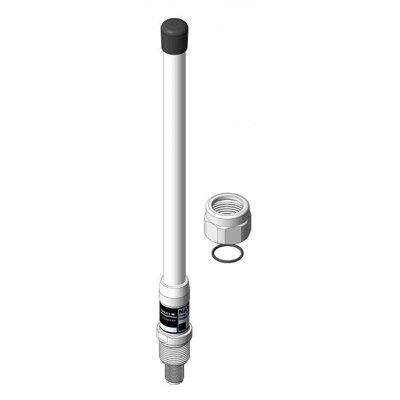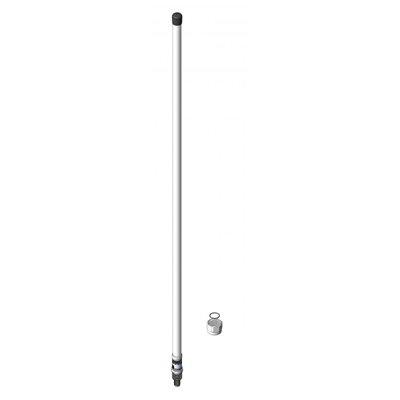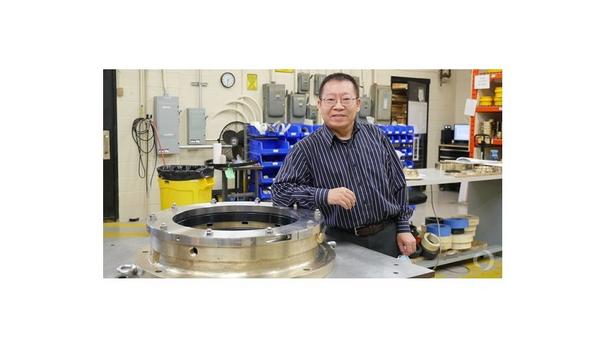Today, for the first time, an entire shipping sector stands united in its call to regulators for actionable and concrete measures to decarbonize global liner shipping (container shipping and car carriers). There can be little doubt that liner shipping has been advanced in their commitments and investments to secure that shipping can stay aligned with the Paris Agreement. This common vision has made it possible for the World Shipping Council (WSC) to prepare a concrete submittal to IMO MEPC78 outlining the founding blocks for a solid and future proof regulatory framework. Now, we need the IMO and its Member States to act at this year’s important IMO meetings.
The WSC proposal relies on the following core elements:
- A global Green House Gas (GHG) price: with renewable fuels likely to cost two to three times the price of fossil fuels, a substantial global GHG price is a prerequisite to secure a competitive market for net zero fuels.
- A transparent well-to-wake life-cycle analysis of fuels: life cycle assessments (LCA) are critical to making informed decisions about what carbon-price for high GHG fuels will be effective in creating a level playing field. Despite the technical character of these discussions, we urge IMO Member States to put focus and effort in the IMO development of LCA guidelines. It is fundamental for the green fuels transition that the IMO gets this right.
- An ambitious newbuild standard: IMO newbuild standards need to depart from a simple improvement in design efficiency and become part of IMO’s overall strategy. The standards can, together with other measures, play a key role in the phasing-out of fossil fueled vessels. There is a need to effectively secure that from an agreed date, vessels powered solely on fossil fuels will no longer be allowed to be built.
- Green corridors, integrated production, and supply of zero GHG Fuels: building on the Clydebank Declaration, green corridors will enable a swifter roll-out of fuel and technology transition. Here, production and supply will be critical to catalyzing a series of first order investments that are to be done at a necessary and unprecedented scale. A Low GHG Fuel Standard has been suggested to the IMO, which could be tailored to incentivize use of new fuels on these corridors.
Each of these elements will of course have to be further fleshed out this year, not least of which is the use of the revenues stemming from this carbon price and the importance of securing a just global transition. However, the signal from the liner companies to the IMO is unequivocal: we need solid and future-proof regulation. And we need it now.
As an active member of the WSC, Maersk hopes that by setting the framework for what we believe, as a sector, should be the IMO’s immediate next steps, we can invite all relevant stakeholders for a constructive dialogue to secure that 2022 is remembered as the year IMO Member States raised their ambitions and agreed on a solid GHG framework necessary to navigate a major energy transition in the maritime sector and across the broader economy.















